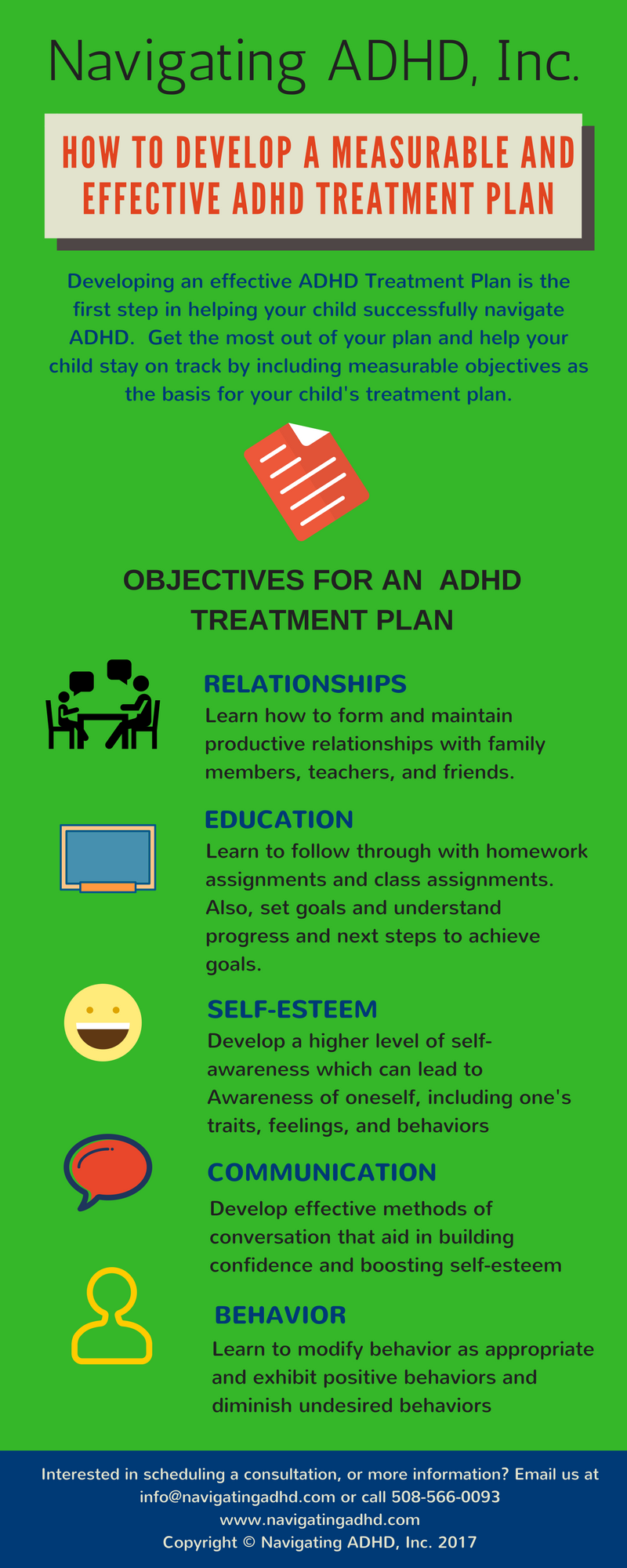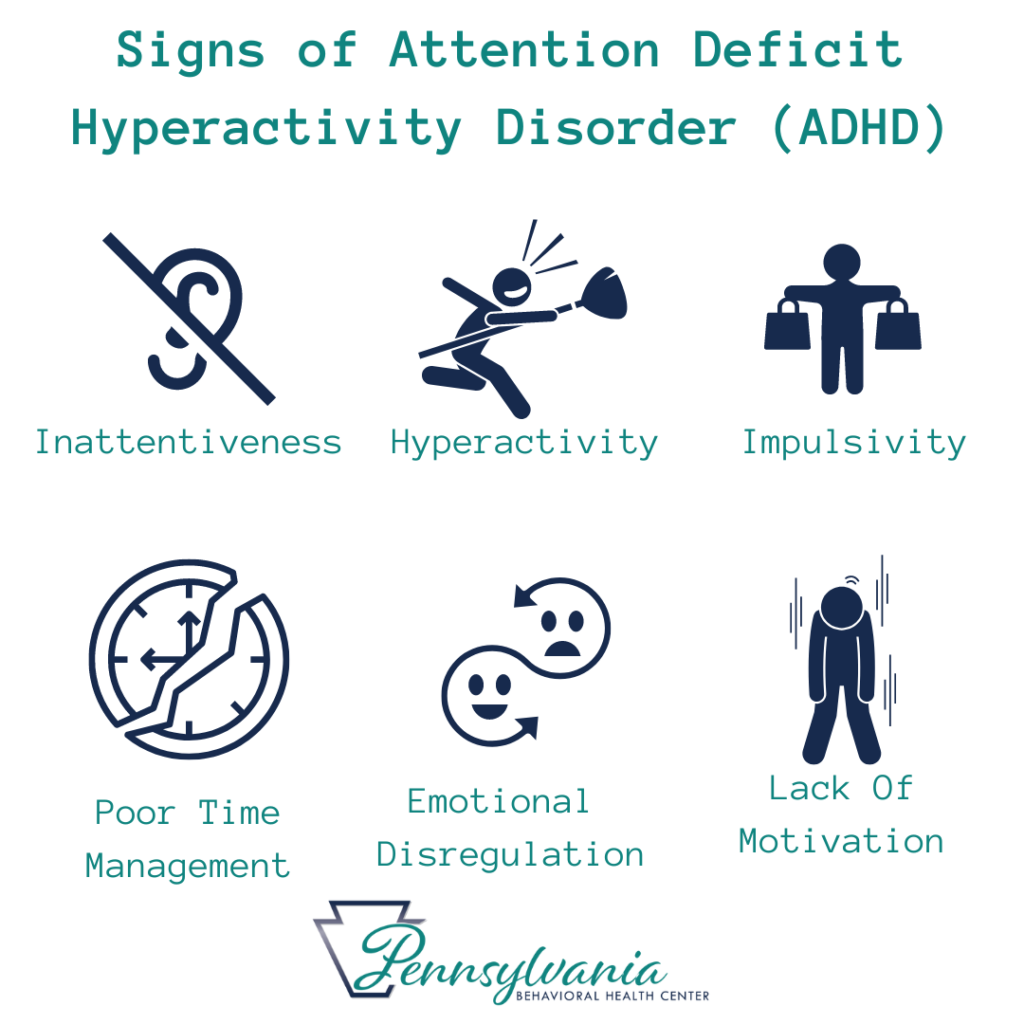The Benefits of Individualized ADHD Therapy Prepare For Better Outcomes
The application of customized ADHD treatment plans has actually emerged as a critical technique in enhancing therapeutic outcomes for people affected by this condition (ADHD treatment). By identifying the unique indications of ADHD in each individual, these personalized interventions promote higher interaction and inspiration, ultimately leading to a lot more efficient coping approaches.
Understanding ADHD Variability
Although Attention-Deficit/Hyperactivity Disorder (ADHD) is commonly viewed as a single problem, its indications can vary dramatically among individuals. This variability is influenced by an array of aspects, including age, sex, existing side-by-side problems, and ecological contexts. Kids with ADHD might exhibit hyperactive habits, while adults might predominantly have a hard time with focus deficiencies. Sex distinctions also play a duty, as men are much more frequently diagnosed with ADHD and often display more overt signs and symptoms, whereas ladies might provide with much less obvious inattentiveness.
Additionally, people with ADHD may experience a range of emotional and behavior obstacles, such as anxiousness or oppositional defiance, that can complicate diagnosis and treatment. The communication of these factors can lead to varied experiences of ADHD, demanding a nuanced understanding of the disorder. It is also worth keeping in mind that ADHD can provide in different ways throughout different cultural contexts, influencing just how signs and symptoms are acknowledged and addressed. This understanding highlights the relevance of identifying ADHD as a multifaceted condition, which requires customized strategies to therapy that consider the unique needs and experiences of each individual.
Key Elements of Personalization
Individualized ADHD therapy plans are based in numerous crucial parts that ensure effective management of the disorder. Initially, a thorough analysis is essential, involving standardized rating scales, meetings, and behavior observations. This extensive evaluation enables clinicians to recognize the person's special signs, staminas, and challenges.
2nd, the involvement of several stakeholders, including parents, instructors, and the person, adds to a holistic sight of the person's requirements. Partnership cultivates an encouraging setting that can adjust to the individual's context and way of living.
Third, therapy strategies ought to be adaptable and adaptable, allowing for alterations based upon ongoing responses and the individual's advancing needs. This adaptability makes it possible for the combination of various healing strategies, such as behavior interventions, psychoeducation, and medicine monitoring.
Additionally, cultural and contextual aspects should be considered. Acknowledging the person's background, worths, and choices guarantees that the therapy matters and respectful.
Lastly, normal follow-ups and evaluations are vital to keep an eye on development and make required changes. By focusing on these crucial components, individualized ADHD treatment strategies can dramatically improve the effectiveness of treatments, resulting in boosted outcomes for people with ADHD.
Enhanced Involvement and Inspiration
To effectively advertise enhanced involvement and motivation in individuals with ADHD, it is vital to include techniques that resonate with visit our website their rate of interests and staminas. Individualized therapy plans that align with an individual's enthusiasms can cause raised engagement in healing activities, promoting a sense of ownership and interest for the process.
Making use of interactive and imaginative strategies can also considerably improve motivation. For example, integrating gamification elements or real-world applications of skills can make jobs much more attractive and relevant. This not only captures focus yet likewise enhances discovering through satisfying experiences.
Moreover, setting attainable and meaningful objectives tailored to the person can boost motivation. When people see their progress towards directly substantial objectives, they are most likely to stay engaged. Routine responses and recognition of accomplishments can additionally receive motivation, producing a positive feedback loophole that motivates continued initiative.
Finally, cultivating a supportive setting where individuals really feel recognized and valued can dramatically influence their engagement degrees. When treatment plans are created collaboratively, incorporating input from the individual, they are extra likely to feel purchased their journey, inevitably resulting in improved results in taking care of ADHD.
Improved Coping Approaches
Creating enhanced coping strategies is vital for individuals with ADHD, as it outfits them with go effective tools to navigate everyday difficulties. An individualized therapy strategy permits the recognition of certain coping devices customized to the person's unique needs and conditions - ADHD treatment. Techniques such as mindfulness, time monitoring skills, and business approaches can be incorporated right into daily routines, fostering a sense of control and decreasing anxiety
Mindfulness practices, consisting of meditation and deep-breathing workouts, aid people with ADHD focus their attention and control their emotions. Time monitoring strategies, such as utilizing timers or damaging tasks into smaller sized, workable steps, can mitigate sensations of bewilder. Furthermore, business devices like coordinators and checklists can improve performance and accountability.
Long-lasting Favorable Results
Implementing customized ADHD treatment plans can bring about substantial long-term favorable results for individuals. These tailored approaches, which take into consideration unique signs and symptoms, choices, and life scenarios, help with more efficient management of ADHD signs and symptoms over time. By concentrating on the details needs of the person, these plans boost adherence to therapy protocols and foster higher engagement in restorative activities.

Moreover, personalized therapy plans can significantly minimize the risk of comorbid conditions, such as anxiety and clinical depression, which are commonly connected with ADHD. Early intervention and constant support assistance individuals develop durability and coping techniques, promoting total psychological health and wellness.
Ultimately, the lasting positive end results of personalized ADHD treatment plans not only boost the quality of life for people but likewise add to their general health and success in numerous life domain names. This alternative approach highlights the importance of personalized treatment in managing ADHD successfully.
Conclusion
